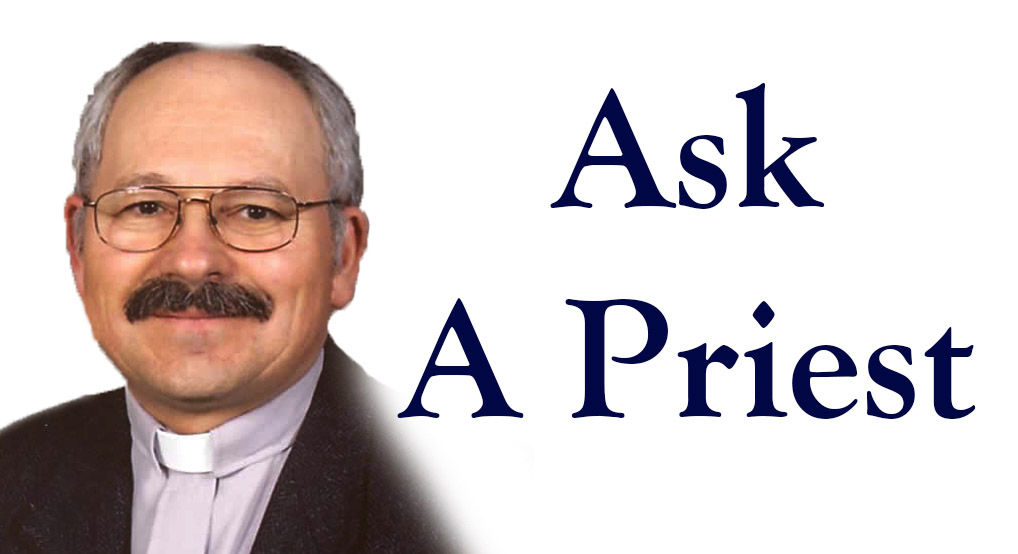Thank you very much for your good question.
The Eastern Churches generally do not characterize sins as mortal in the same way that Roman Catholics distinguish them.
In the Roman Catholic Church, sins are categorized as “mortal” and “venial. Simply put, the Catechism of the Catholic Church (CCC) declares that mortal sin destroys charity in the human heart by a grave violation of God’s law; it turns us away from God, who is our ultimate end and our happiness, even by preferring an inferior good to God. Venial sin allows the charity to remain in the human heart, “even though it offends and wounds it.” For something to be a mortal sin, three conditions are necessary: 1) grave matter, 2) full knowledge, and 3) deliberate consent. If one of these three conditions is missing, then sin is considered “venial”. For expanded definitions of these categories, their consequences and requirements for forgiveness, see paragraphs 1854 to 1864 in the CCC.
The Eastern Churches begin their discussion of sin by noting that the Greek word for sin, amartia, means “to miss the mark.” As the Orthodox Church in America (OCA) describes it, “the ‘mark’ or ‘target’ for which we ‘aim is a Christ-like life, one lived to the best of our ability in line with the teachings of Jesus Christ, and the commandments of God.” The OCA underlines the importance of the disposition of the heart when it notes, “Deliberately refusing to attend the Divine Liturgy is a sin—but so is attending the Divine Liturgy with hatred for others, refusing to forgive, and receiving Holy Communion without confession.” Missing the mark is missing the mark, it makes no difference if it is by 1cm. or 1m. “In both cases, we have failed to achieve that for which we strive.” See https://www.oca.org/questions/sacramentconfession/sin for the entire article.
Although Wikipedia is not always the most reliable source for accurate answers, I believe that it captures the essence of the Eastern Christian view of sin in its article on “The Eastern Orthodox View of Sin.” It states that “sin is viewed primarily as a terminal spiritual sickness, rather than a state of guilt, a self-perpetuating illness which distorts the whole human being and energies, corrupts the image of God inherent in those who bear the human nature, diminishes the divine likeness within them, disorients their understanding of the world as it truly is, and distracts a person from fulfilling his [or her] natural potential to become deified in communion with God.”
Our Ukrainian Catholic Catechism, Christ – Our Pascha, supports this view of when it says, “The Holy Fathers teach that as a consequence of the sin of our first ancestors we lost the fullness of freedom, that is, we became inclined to choose evil. Because of this, we found ourselves enslaved by sin, from which we can be rescued only by our Saviour. Christ—the way, the truth, and the life (see Jn 14:6)—opened the road to the Father in the Holy Spirit and showed humankind the way to true liberation and growth in divine freedom” (par. 734).
For a truly inspiring account of these ideas, I would encourage you to read the section on “Human Freedom and the Moral Person’s Responsibility” found in paragraphs 732 to 743 of Christ – Our Pascha.
May I leave you with the thought that, although our weakened human freedom can lead us to sometimes even despicable behaviour, God’s grace is always more powerful and most necessary for our healing. We need to be both humble and confident in reaching out to God in repentance, that is: with true sorrow in our hearts, a resolve in our hearts to make amends, and the desire to strive to “hit the mark.” If we do this, we will not be disappointed because, as Jesus himself said, “Those who will have no need of a physician, but those who are sick; I have come to call not the righteous but sinners to repentance” (Luke 5:31-32).
Father Mihajlo Planchak

